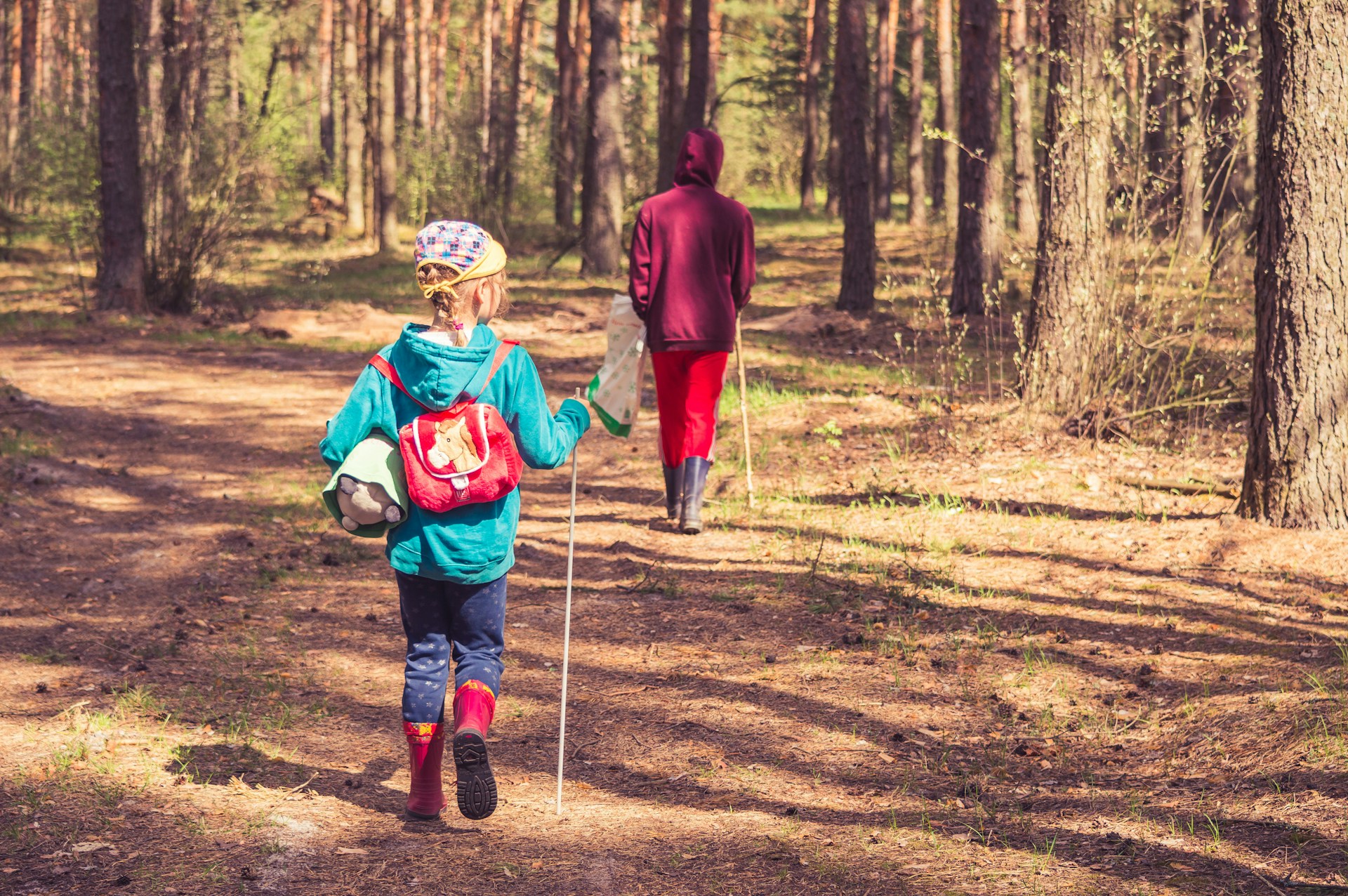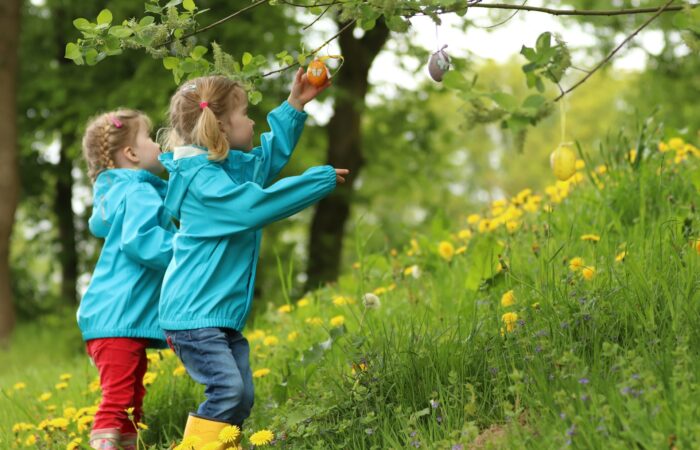
Life often feels like a race with no finish line. Endless notifications, mounting responsibilities, and the constant need to stay competitive can leave anyone feeling overwhelmed. For many, the antidote lies in adopting a slower, more intentional life.
This approach, known as slow living, aims to restore balance and mindfulness while fostering a more meaningful lifestyle.
This blog will guide you through what slow living is, its potential benefits, and how you can begin integrating it into your daily life. Whether you’re seeking inner peace or a healthier work-life balance, implementing a mindful lifestyle may just be the solution you’re looking for.
Understanding the Concept of Slow Living
While the term slow living may sound like doing everything at a snail’s pace, it doesn’t mean abandoning responsibilities or neglecting ambition.
Instead, slow living is about consciously choosing quality over quantity in all aspects of life. It’s about aligning your choices with your core values and focusing on what truly matters.
A Brief History of Slow Living
Slow living has its roots in the slow movement, which began in the 1980s as a response to the rise of fast food. Carlo Petrini, an Italian activist, initiated the slow food movement to emphasize fresh, locally sourced, and carefully prepared meals.
Over time, the principles of slowing down expanded beyond food to encompass aspects like work, travel, relationships, and everyday routines.
Key Elements of an Intentional Life
Living intentionally means making decisions based on your values and priorities. Here are the key tenets of slow living:
- Mindfulness: Being fully present in the moment rather than rushing through experiences.
- Simplicity: Decluttering your life, both physically and mentally, to make space for what truly matters.
- Connection: Fostering deeper relationships with people, nature, and oneself.
- Sustainability: Making choices that promote long-term well-being—for yourself and the planet.
By weaving these principles into the fabric of our daily lives, we can cultivate a more mindful lifestyle while shedding the unnecessary stress of modern-day productivity culture.
Benefits of Slow Living
The rewards of slow living extend far beyond personal satisfaction. Let’s explore how adopting a mindful lifestyle can transform your well-being, productivity, and relationships.
Improved Mental Health
One of the most significant benefits of slow living is reduced stress and anxiety. When you focus on doing fewer things with more intention, you free your mind from the overwhelm of multitasking.
Studies have shown that mindfulness practices, which are an integral part of slow living, can lower cortisol levels (the stress hormone) and improve overall mental clarity.
Enhanced Physical Well-Being
A fast-paced lifestyle often leads to unhealthy eating habits, sleep deprivation, and chronic fatigue. By slowing down, you can prioritize healthier meals, better rest, and gentle physical activities such as yoga or walking.
Slow living encourages listening to your body’s natural rhythms, which can lead to improved energy levels and a stronger immune system.
Stronger Relationships
Relationships often suffer when life moves too fast. Slow living promotes deeper connections by encouraging quality time with loved ones.
Whether it’s cooking a meal together, engaging in uninterrupted conversations, or simply being more present, these small moments can strengthen bonds and create meaningful memories.
Higher Productivity
Contrary to popular belief, slowing down can enhance productivity. By focusing on one task at a time and valuing quality over speed, you’re more likely to produce better results without burning out.
This intentional way of working aligns with practices like deep work, which is highly effective for achieving professional success.
Environmental Impact
Adopting a slower lifestyle often involves sustainable practices such as consuming less, reducing waste, and making eco-friendly choices.
For instance, supporting local markets and businesses not only reduces your carbon footprint but also contributes to a more ethical and conscious way of living.
Practical Steps to Begin a Mindful Lifestyle
Shifting to a slower, intentional life doesn’t require radical changes overnight. Instead, it’s about adopting small, consistent habits that align with your values. Here are six actionable strategies to get started:
1. Evaluate Your Priorities
Begin by identifying your core values and what truly matters to you. Ask yourself:
- What activities and commitments bring me joy?
- Am I spending my time on things that align with my goals?
Cut back on obligations or possessions that don’t serve a purpose or spark happiness.
2. Simplify Your Schedule
Overloading your calendar with tasks and events often leads to exhaustion. Take a step back and:
- Declutter your daily schedule by prioritizing essentials.
- Set boundaries to protect your time, such as saying no to non-essential commitments.
3. Practice Mindful Consumption
To live intentionally, be selective about what you consume, whether it’s food, media, or material goods:
- Opt for quality over quantity.
- Choose items that align with your values, such as sustainable products or local goods.
- Minimize screen time and engage in meaningful offline activities.
4. Create Daily Rituals
Rituals ground you in the present moment and help establish a sense of purpose. Simple yet meaningful rituals include:
- Morning mindfulness meditations.
- Journaling your thoughts before bed.
- Enjoying a quiet cup of coffee without distractions.
5. Cultivate Gratitude
Adopting an attitude of gratitude can help you appreciate what you already have and shift your focus away from what’s missing. Start a gratitude journal where you write down three things you’re grateful for each day.
6. Spend Time in Nature
Slowing down often means reconnecting with the environment. Whether it’s a walk in the park, gardening, or hiking, spending time in nature is an excellent way to recharge, reflect, and foster inner peace.
Making Slow Living a Lifelong Practice
Transitioning to a slow living lifestyle is not about perfection but progress. Tune into your needs, experiment with small changes, and celebrate each step you take toward intentional living. Remember, slow living is a personal journey, and there’s no one-size-fits-all formula.
If you’re ready to create a mindful, meaningful life, take a moment today to pause and reflect on what brings you joy and fulfillment. Small, deliberate shifts can lead to life-changing results.
For more inspiration on slow living and intentional life tips, follow our blog or subscribe to our newsletter. Together, we can create a world where mindfulness and connection take center stage.
Subscribe To Get Update Latest Blog Post
No Credit Card Required









